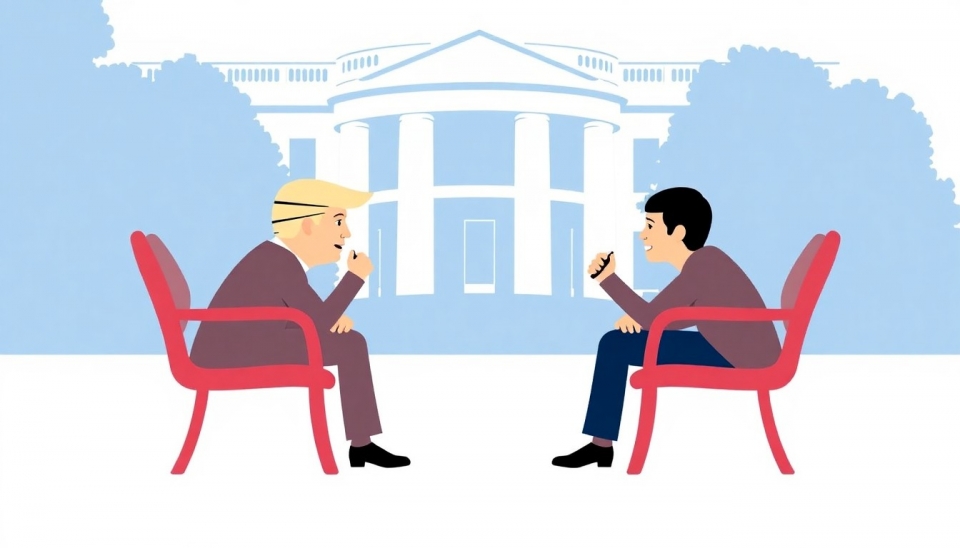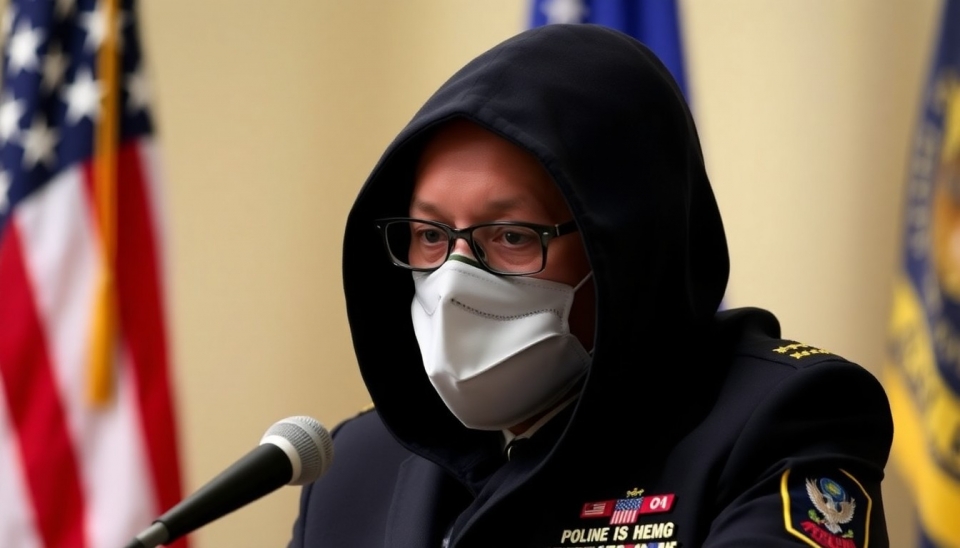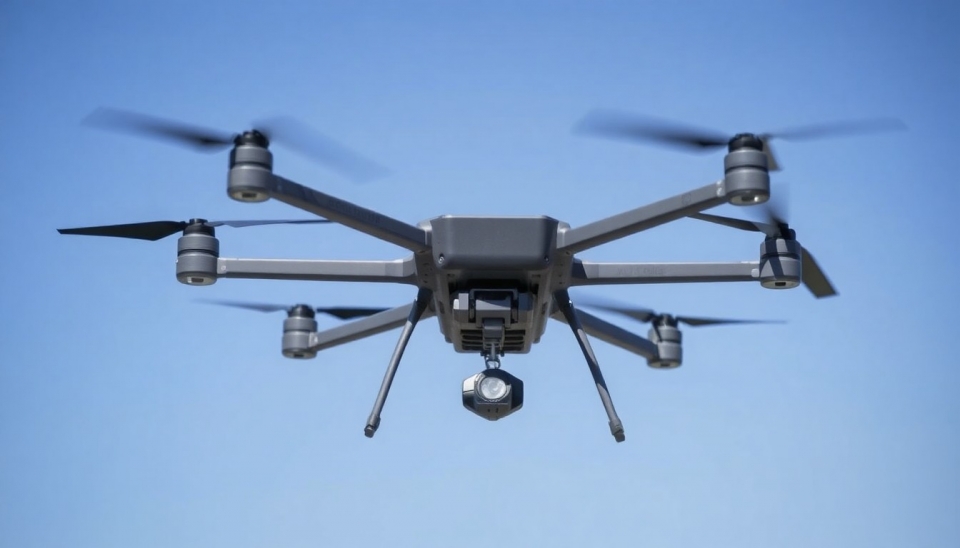
In a bold move to amplify its messaging, the Trump Administration is turning to social media influencers as a strategic marketing initiative. By inviting individuals with substantial online followings to engage with their policies, the administration aims to harness the power of digital platforms to reach younger audiences and ensure that its message resonates in today's fast-paced information landscape.
This initiative comes on the heels of growing concerns over effectively communicating the administration's achievements and policies, especially in an era where traditional media is often drowned out by the cacophony of social media chatter. By leveraging influencers, the Trump Administration hopes to foster a connection with the millennial and Gen Z demographics, groups that increasingly rely on platforms like Instagram, TikTok, and Twitter for news and information.
The influencers will be given access to exclusive content, behind-the-scenes glimpses of policy discussions, and even opportunities to meet key officials. What's particularly interesting is that this outreach is not just about promoting the administration's existing initiatives; it's also a calculated effort to shape the narrative around its actions and accomplishments in real-time.
Critics of the administration argue that this strategy signifies a shift away from traditional democratic engagement towards a more marketing-oriented approach to governance. They fear that using influencers as a primary means of communication could lead to a dilution of important policy discussions and a focus more on style than substance. However, supporters believe that this method is an innovative way to engage the public and can potentially mobilize supporters who feel disenfranchised by conventional political discourse.
The initiative also raises questions about the authenticity of the influencers' endorsements. While many social media personalities often have the ability to sway public opinion based on their perceived authenticity, there is also the risk that audiences may see this collaboration as a mere business transaction rather than a genuine endorsement of the administration's values and mission.
As the administration navigates this new frontier of digital communication, observers will be keenly watching the impact of influencer marketing on political narratives and voter engagement. With the next election cycle on the horizon, the stakes for successful outreach have never been higher, and how effectively the administration capitalizes on this phenomenon could have major implications for its future and relationship with the electorate.
As this story unfolds, the intersection of politics, marketing, and social media continues to shape how information is shared and received in the modern age. The upcoming months will reveal how successful this initiative will be in bridging the gap between the administration's messaging and the public's perception.
#TrumpAdministration #SocialMediaInfluencers #PoliticalMarketing #DigitalEngagement #Election2024 #MillennialVoters #InfluencerCulture #PublicPolicy
Author: Liam Carter




